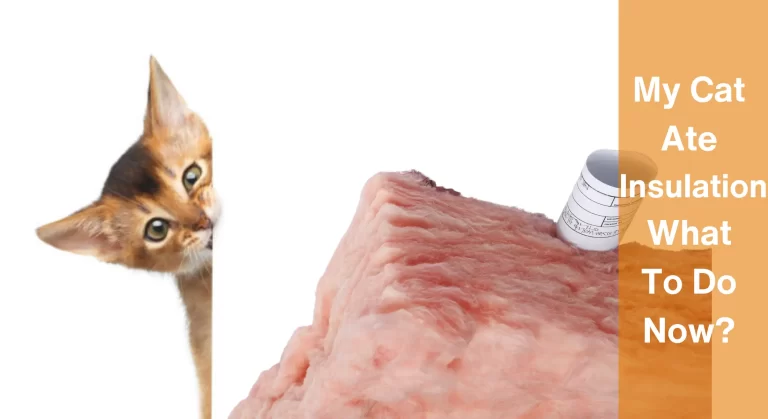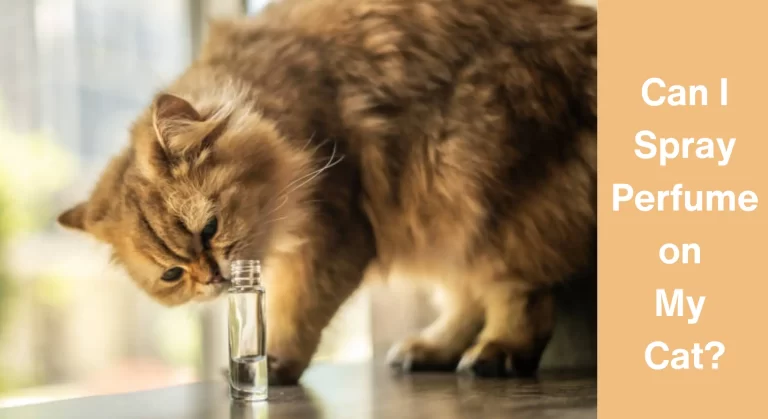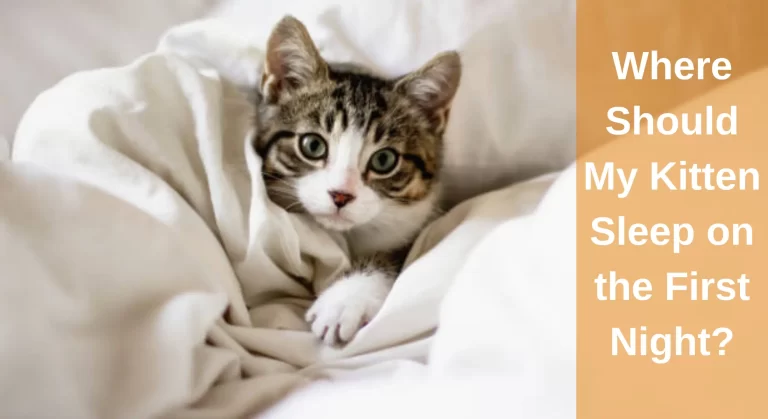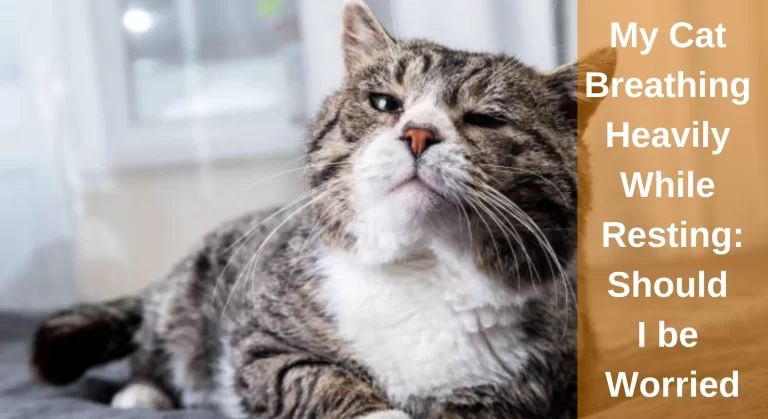Are Roses Poisonous to Cats? What You Need to Know
Roses are known for their beauty, fragrance, and association with love and affection. They are commonly used in various settings in gardens, bouquets, and as decorative elements. As a cat owner, it is natural to be concerned about your pet’s safety. Cats are curious animals that love to explore their surroundings and may occasionally come into contact with potentially harmful substances. One commonly asked question is are roses poisonous to cats?
Roses are non-poisonous to cats. However, a cat may have stomach discomfort if it attempts to eat its leaves and stems and skin irritations from exposure to rose thorns, as they can easily scratch or poke them.
While not all roses are toxic to cats, some varieties can cause serious health problems if ingested.
This article will explore this question in detail, providing you with all the information you need to keep your cat safe.

Are Roses Toxic to Cats?
Roses are not toxic to cats. Your cat won’t get sick from roses but might hurt herself if she comes too near the stinging thorns. There are more than 150 different kinds and types of roses, each with a unique collection of beautiful and fragrant blossoms.
In single or double blooms, you may find flowers in various colours, including red, pink, yellow, white, purple, and orange. This suggests that she will be OK even though your cat could experience minor digestive issues if she consumes thornless green leaves or the vibrant petals of your garden roses.
The toxicity of roses to cats depends on the specific variety of roses and the amount ingested. Some varieties of roses, such as Lady Banks and Rosa rugosa, are considered safe for cats, while others, such as the hybrid tea rose, and the floribunda rose, can be toxic.
Check Out: Are Ferns Toxic to Cats?
Types of Roses that are Poisonous to Cats
Not all roses are toxic to cats, but it is essential to be aware of the varieties that can cause harm. Additionally, if you’ve applied topical pesticides to your shrub, they may have poisoned him. Here are some of the most common types of roses that are poisonous to cats:

- Desert Rose (Adenium obesum): Desert Rose, also known as Adenium obesum, is a succulent plant that produces pink or white flowers. This plant is popular as a houseplant but toxic to cats and dogs. Ingesting this plant can cause vomiting, diarrhoea, and other gastrointestinal issues.
- Christmas Rose (Helleborus niger): Christmas Rose, also known as Helleborus niger, is a popular winter plant that produces white flowers. This plant is toxic to cats and dogs, and ingestion can cause vomiting, diarrhoea, and other gastrointestinal issues.
Intresting Reading: Is Christmas Cactus Toxic to Cats?
Chemical Compounds in Roses
The toxic compounds in roses are primarily found in the plant’s leaves, stems, and thorns. Some of these compounds can be harmful to cats and may cause a range of symptoms, depending on the severity of the exposure. The most common toxic compounds in roses include:
- Phenols glycosides: These compounds are responsible for the colour and fragrance of roses and can cause vomiting, diarrhoea, and skin irritation in cats.
- Tannins: These compounds can cause stomach upset and digestive issues in cats.
- Thorns: The sharp thorns on rose stems can cause physical injury to your cat and may lead to infection if not treated promptly.
Also Read: Are Bromeliads Poisonous To Cats?
Are Roses Poisonous to Cats? Symptoms of Rose Poisoning in Cats
Roses are not poisonous to cats. While the petals, leaves, and stems are not dangerous, you should still check on your cat if you see that she is doing more than simply pausing to smell the roses. Not to mention, every rose has its thorn.

Most varieties are safe for felines to be around and consume in small amounts. However, if consumed in large amounts, the stems that still have thorns might hurt the mouth. Your cat may experience pain and discomfort from prickly stalks they may display a range of symptoms. Some of the most common symptoms of rose toxicity and mouth trauma in cats include:
- Vomiting
- Diarrhoea
- Loss of appetite
- Lethargy
- Skin irritation
- Difficulty breathing
- Injuries or trauma
- Excessive salivation
- Pawing at face
- Swelling of the mouth, throat, or tongue
Find Out: Are Marigolds Poisonous To Cats?
What to Do If Your Cat Ingests a Toxic Rose?
Cats love to chew on anything that piques their keen sense of smell. These thorny bushes, roses, have a delicious scent that cats might find tasty enough to consume. Depending on how much she consumes, you should decide what to do if your cat eats roses.

Even if rose petals are not harmful to cats, being aware of your cat’s poisoning symptoms is valuable. This will help you handle your cat appropriately if they consume anything without your knowledge. These indicators need to be noticeable and straightforward to spot.
Some irritants have no outward indications of their presence. Instead, you only become aware that they consumed an irritant if they are experiencing gastrointestinal issues. These include irritable behaviour, vomiting, and diarrhoea.
If you suspect that your cat has ingested or come into contact with roses, it is important to act quickly to prevent further harm. Here are some steps you can take:
- Remove any remaining rose petals or stems from your cat’s mouth.
- Rinse your cat’s mouth with water to remove any residue.
- Contact your veterinarian or a pet poison control centre for advice on the next steps.
- Monitor your cat’s symptoms and report any changes to your veterinarian.
Also, Check Out: Are Palm Leaves Poisonous to Cats?
How Can Cats Be Kept Away From Roses?
Even while your cat won’t get injured if it nibbles the roses’ green leaves, it would still be best not to allow your cats around flowers.
Prevention is key when it comes to keeping your cat safe from rose toxicity. Here are some tips to consider:

- While you should remove any leaves in your vase submerged in water, keeping as much healthy foliage as possible on the plant will help the cut flowers draw water up the stem.
- Place the flowers where your cat won’t likely touch them, whether they are in a vase, a bouquet, or in your garden.
- If your cat likes to dig or stand in the potted rose, put rocks on the soil surface to discourage them.
- Consider using a pet-safe fertilizer in your garden.
- You can always enclose your rose garden with a fence if none of the other options works. A physical barrier will keep out the cat and other animals.
- Cats can’t get through the poultry wire slats, and it’s also an excellent option because it’s affordable.
- Make sure he has a lot of toys, and think about planting some oats in a pot.
Alternatives to Roses for Cat-Friendly Decorations
If you love having flowers in your home or garden but want to keep your cat safe, here are some cat-friendly alternatives to consider:

- Catnip: This fragrant herb is loved by cats and can be grown indoors or outdoors.
- Cat grass: This easy-to-grow grass is safe for cats to eat and can be a fun addition to your home decor.
- Spider plants: These non-toxic plants are easy to care for and can add a touch of green to your home without posing a threat to your cat.
- African violets: These colourful plants are safe for cats and can add a pop of colour to your home decor.
Also Read: Are Snake Plants Toxic to Cats?
Frequently Asked Questions
Can cats get sick from smelling roses?
While cats can become sick from ingesting toxic plants like roses, it is unlikely that they will become ill from simply smelling them.
Are all types of rose plants toxic to cats?
Roses are generally safe for cats and consuming them may cause minor skin irritation or gastrointestinal upset. However, some others varieties can be more dangerous such as the English Ivy Rose, Desert Rose, Japanese Rose, and Christmas Rose, that potentially lead to more severe symptoms, and can be harmful if ingested.
Can I still have roses in my garden if I have a cat?
Yes, you can still have roses in your garden if you have a cat, but it is essential to keep toxic varieties out of your garden and ensure that your cat cannot access them.
Why is my cat obsessed with roses?
There can be several reasons why your cat is obsessed with roses. One possibility is that cats are naturally curious animals and are attracted to the scent and texture of roses.
Another possibility is that your cat is drawn to the movement of the roses, especially if they are in a vase or bouquet that sways when your cat brushes against it. Additionally, cats may be attracted to the water in a vase of roses
Can rose water be harmful to cats?
Rose water is made by steeping rose petals in water and is commonly used in cooking and beauty products. While it is not toxic to cats, it is best to keep it away from your cat to prevent any possible allergic reactions.
Can cats safely play with rose petals?
While playing with rose petals may seem harmless, it is best to discourage your cat from doing so. If your cat ingests a large part of the rose petals, it may lead to rose poisoning.
Wrap Up!
Rose petals cannot poison cats, but the thorns may hurt their jaws and create digestive issues. This means you can maintain your favourite rose shrub without worrying about your cat accidentally poisoning itself. If you don’t want your expensive bouquet eaten by your cat, don’t worry. Cats aren’t likely to eat much because they can’t taste the sweetness, and the thorns hurt.
There are rose varieties that are poisonous to our feline pals. As a responsible pet owner, it’s important to understand the potential dangers and take steps to keep your cat safe. By keeping rose plants out of reach, using natural pest control methods, and seeking veterinary care immediately if you notice any signs of toxicity, you can enjoy the beauty of roses without putting your feline friend at risk.
Related Posts:
Who is Isabella?
My name is Isabella, and I am a dedicated and knowledgeable cat enthusiast. With years of experience caring for cats and a deep love for felines, I made a mission to help other cat lovers navigate the challenges of cat ownership.






